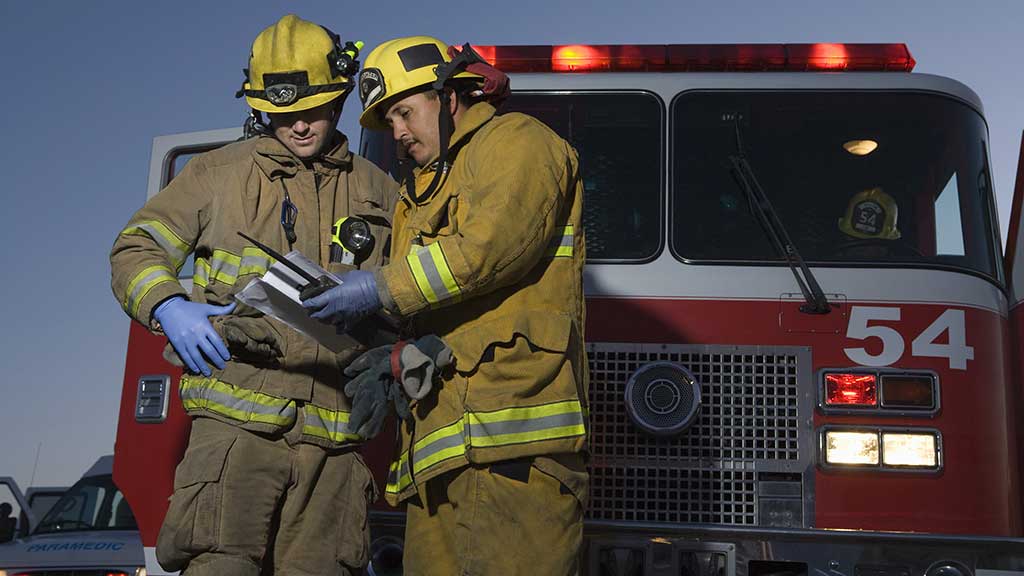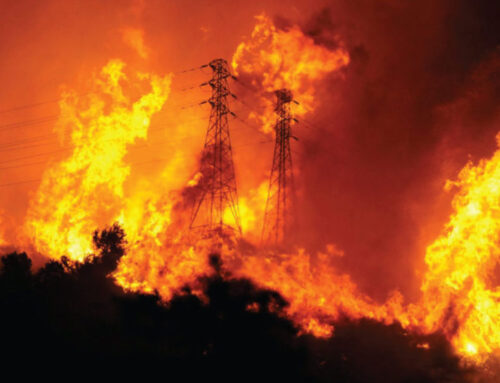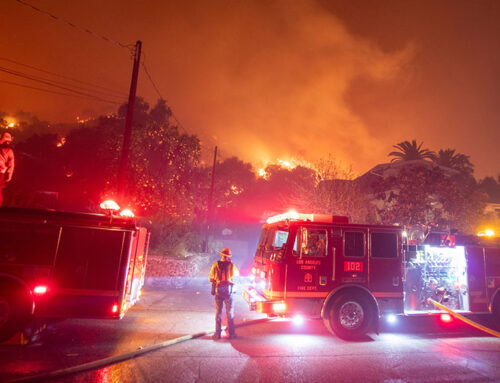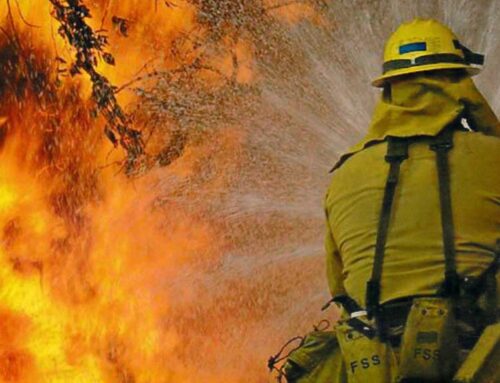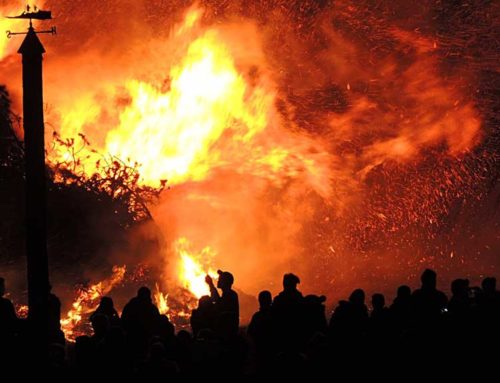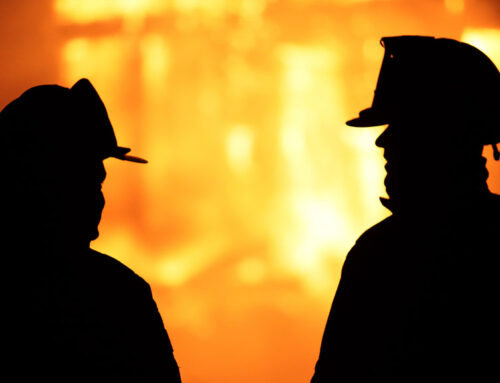As the winter months roll in, it’s easy to think that the fire danger is behind us. But wildland firefighters want to share some important insights about this time of year that you might not be aware of. Let’s explore five key points from our expert wildland firefighters at Capstone Fire that can help you understand the winter season from their perspective.
1. Fire Risks Don’t Disappear
Many people assume that winter means a break from fire season, but that’s not always the case. In Southern California, we can still experience dry and windy conditions even in the colder months. These factors can lead to unexpected fire risks, especially in areas with dry vegetation. It’s always smart to stay vigilant and maintain your defensible space around your home.
2. The Importance of Year-Round Preparedness
Wildland firefighters emphasize that preparation isn’t just a summer job. Winter is a great time to review your emergency plans, update your go-bags, and check on your home’s fire defenses. Take advantage of the cooler months to clear out any debris from your yard and trim back overgrown vegetation. Being proactive can make a big difference when fire season rolls back around.
3. The Role of Controlled Burns
Winter is actually a prime time for controlled burns, which are used to reduce excess vegetation and minimize fire hazards in the future. Firefighters want you to know that these burns are carefully planned and monitored to promote safety. While smoke may be visible, these efforts are crucial for long-term fire management.
4. Wildlife Activity Changes
As the weather cools, wildlife behavior shifts, too. Many animals begin to seek shelter for the winter, and some may even move closer to populated areas in search of food. Firefighters urge residents to be mindful of wildlife encounters and to secure trash cans and pet food to prevent attracting animals. Keeping your outdoor space tidy can help reduce these interactions.
5. Community Support Matters
Winter is a great time for communities to come together and support local firefighting efforts. Consider donating to local fire departments, volunteering, or participating in community education programs about fire safety. Firefighters appreciate the support and want everyone to be informed and engaged in fire prevention efforts year-round.

